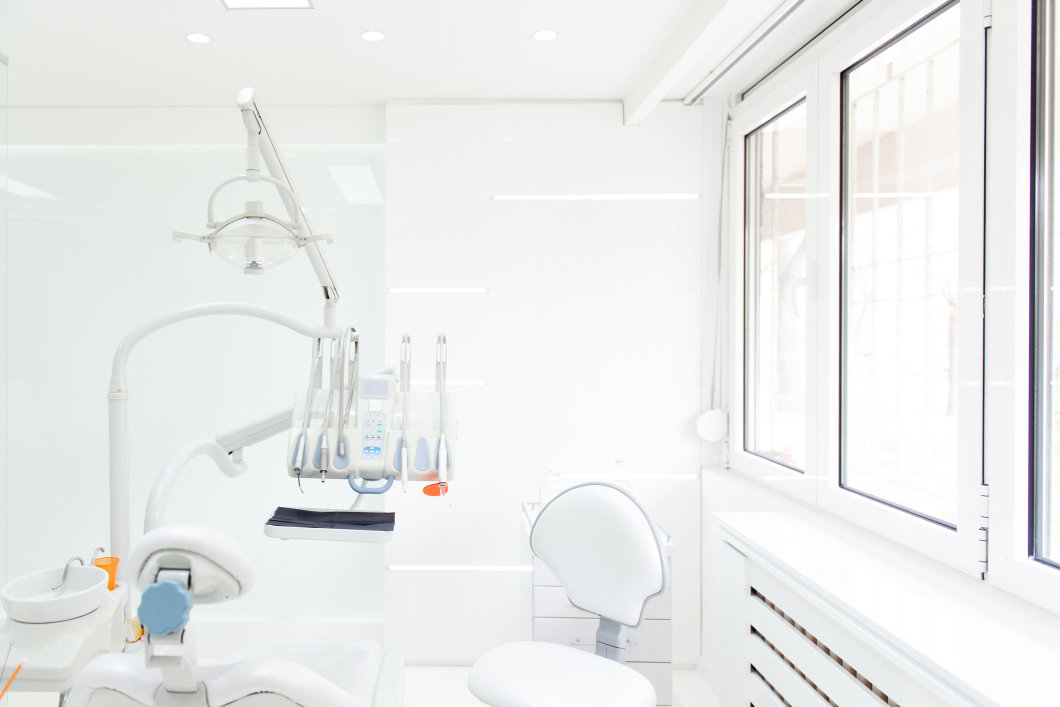
Do you have health insurance through your employer? If so, there’s a good chance that you have two deductions from each paycheck: One for health insurance and another for dental benefits. If you buy your own policy, your health plan probably doesn’t cover any sort of dental treatment. Isn’t dental care health care? Why is dental insurance separate from medical insurance?
Ultimately, the reasons for this separation are complex, and they’ve been around for quite some time. In this article, we’ll explore the primary reasons why dental insurance is usually provided separately from medical plans.
Insurance Carriers Have Complex Systems
Take a moment to look at the in-network providers for your health insurance. You’ll likely find that your insurance company has formed relationships with a wide range of hospitals, clinics, physicians, and specialists.
In many cases, their computer systems, policies, and practices have all been developed with the purpose of working with medical entities and their patients. The same is true with dental insurance providers, except that these systems were created to work specifically with dentists, orthodontists, and other oral healthcare specialists.
To combine the two, insurance companies would have to undergo a massive overhaul. Each would have to change their systems, establish relationships with new practices and practitioners, and comply with new regulations.
You may be wondering whether all of this is true if you happen to have dental and medical insurance through the same provider. If you take a look at your insurance policies, chances are you will find that:
The insurance company operates medical and dental as two separate divisions
Deductibles and copayments are very different between the two types of coverage
In some cases, the provider is a healthcare management firm that is contracting out to other insurance companies to provide services.
These are some of the main reasons why the separation exists now and will probably remain in place in the future.

The Separation Between Medical and Dental Professions is Well Established
The history between dentistry and medicine is fairly interesting. In fact, the medical community was largely responsible for helping to establish dentistry as an educated medical practice, rather than an unregulated trade.
However, two things happened in the early years of modern dentistry to keep both disciplines separate:
A different educational path was created for dentists
The creation of the private health insurance industry was based on an employer-sponsored model that excluded dental benefits at the time
Compared to medical insurance, dental insurance is a fairly new service. It also tends to be treated as an “extra.” Many employers refuse to supplement coverage or offer it at all.
Meanwhile, medical coverage is often deemed to be a requirement to ensure that people get proper care in case of medical emergencies or severe illness. Many people who choose to have dental insurance have to pay for their policies without any guidance or assistance from their employers.
There are some efforts to overcome the separation of medicine and dentistry as healthcare fields. In some ways, this makes sense, as there are both medical and dental symptoms that can be a sign of certain illnesses. A lack of dental care can also lead to medical complications.
Medical and Dental Insurance Companies Approach Healthcare Differently
A medical insurance company must provide coverage for treatment and prevention of a huge number of injuries, acute medical conditions, emergencies, and chronic conditions. Many of these issues are expensive.
Even with lifetime limits in place, this represents a lot of risk for insurers. Because of this, insurance premiums tend to be high, so they are frequently supplemented by employers.
Dental insurance can be used for a range of services, as well. However, those services are still limited when you look at the number of services that are offered under traditional medical plans.
If something does go wrong, the amount of money that the insurance company pays out is generally low, which explains the lower premiums. Many dental plans are designed to cover preventative care rather than treatment of dental disease.
Why is Dental Insurance Separate from Medical Insurance?
Dental insurance and medical insurance may be combined at some point in the distant future, but there’s no guarantee that it will ever happen. It would require a change in how both types of insurance providers operate, how healthcare providers regard the practice of dentistry, and even how health services are offered to patients.
Right now, the best way to ensure that you are covered when you need dental care is to find a plan that works for you. You might want to start by considering employer-sponsored plans, but it could be helpful to expand the scope of your search, too.
Because dental insurance premiums tend to be low, you may have more flexibility to find an affordable, effective plan on your own.







